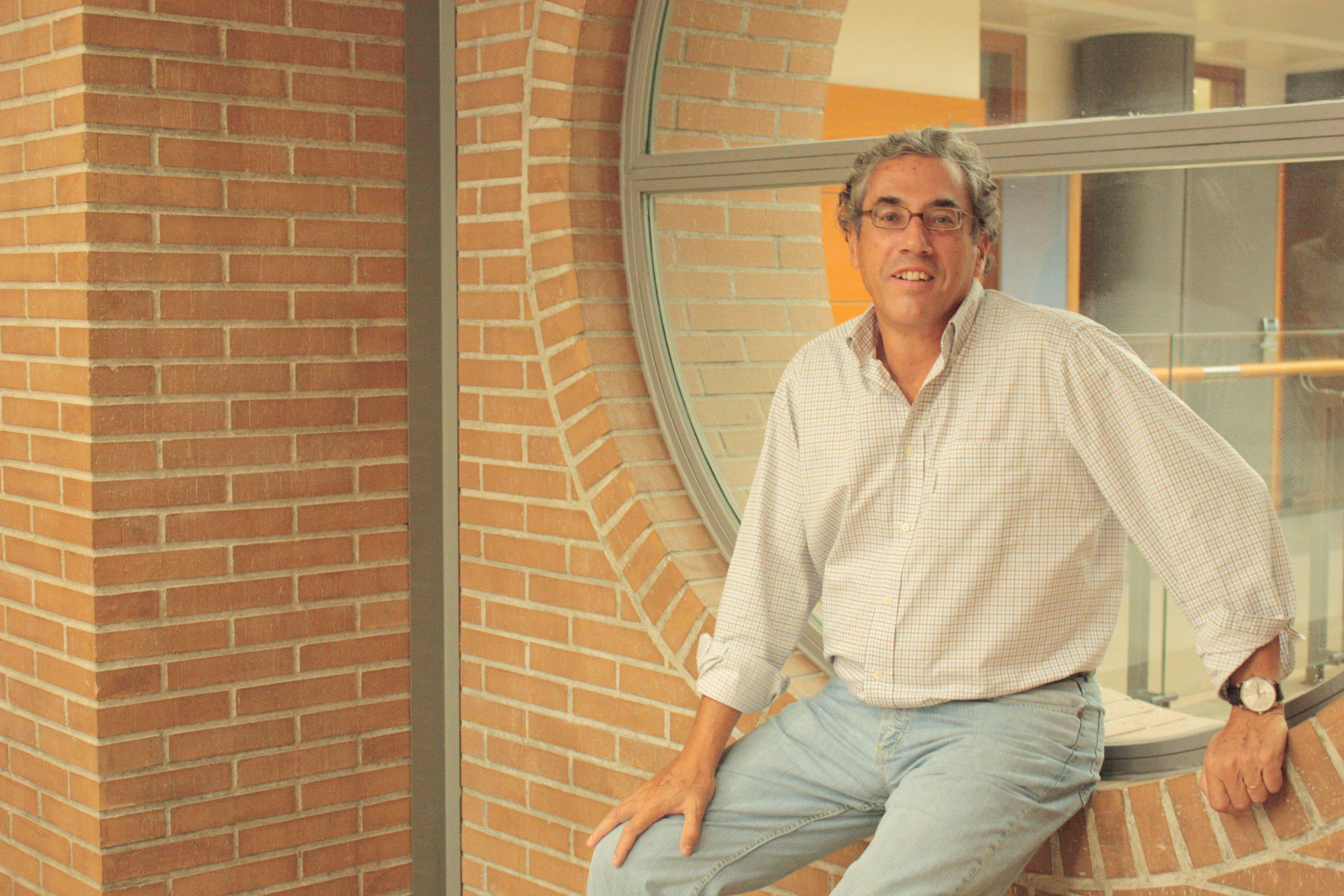Next Friday 14th September, the professor of economy and finance at the Cardenal Herrera University, Gonzalo Rubio, will take part in the second international conference on the stock market organised by Spain´s National Securities Market Commission (CNMV). The conference will bring together international experts on the subject from some of the most prestigious North American universities along with Spain´s highest ranking monetary authorities.

In this year´s conference The President of the CNMV, Julio Segura, will also take part alongwith; Jaime Caruana, the General Director of the BIS, Fernando Restoy, the Deputy Director of the Bank of Spain and Martin Hellwig of the Max Planck Institute of Germany. As well as this, Lubos Pastor, of the prestigious Business School of Chicago will also be taking part, he will be focusing on the impact that political uncertainty has over the risk premium of western economies.
The assembly will discuss how a smaller negative impact has been noted in countries where business financing is less dependent on financial banking, and more dependent on the direct financing of markets, as in 2010, Spain owed 80% of its corporate debt to the banking sector, whilst in the U.S.A and in the U.K. this was only as much as 30% and 36% respectively.
Even in countries closer to Spain such as; France, Germany and Italy, the figures were 52%, 43% and 70% respectively. Moreover, if we add to these figures that 77% of productive employment in Spain comes from small and medium enterprises (SME´s), while in the rest of the euro zone this only reaches 67%, we can begin to understand the situation that Spain´s business sector is currently in.
Gonzalo Rubio will be presenting his latest research work written alongside Belén Nieto from the University of Alicante. His work examines the best way of extracting information from stock market prices that may help to predict real business cycles, paying special attention to any signs that can be found in these stock market prices that may accelerate a recession in the real economy.






